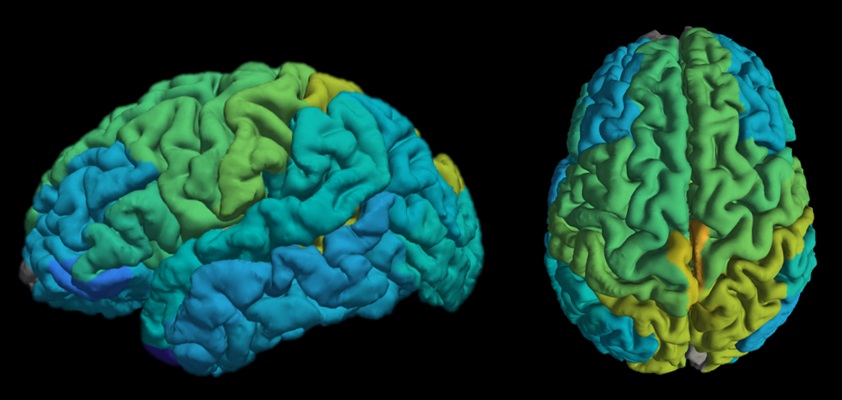With nearly 50 million people suffering from dementia worldwide, researchers have ramped up their focus on understanding the causes of two common forms of dementia: Alzheimer’s disease and frontotemporal lobar degeneration (FTLD).
In a new study published in the journal Brain, researchers at Cornell University uncovered the role of the gene TMEM106B in neurodegenerative diseases.
“TMEM106B encodes a lysosomal membrane protein and was initially identified as a risk factor for frontotemporal lobar degeneration. Recently, a dominant D252N mutation in TMEM106B was shown to cause hypomyelinating leukodystrophy,” the findings read.
“However, how TMEM106B regulates myelination is still unclear. Here we show that TMEM106B is expressed and localized to the lysosome compartment in oligodendrocytes.”
According to researchers, one mutation in TMEM106B inhibited the gene from regulating both the pH inside the lysosome and the movement of the lysosome itself, preventing the oligodendrocytes’ ability to construct compact myelin layers.
Using rodents, researchers also noted that TMEM106B deficiency resulted in an abnormal lysosome movement within the oligodendrocytes. Defects in the myelin sheath were identified, as well as behavioral abnormalities, such as poor motor coordination.
Future research is set to examine the exact way in which TMEM106B regulates lysosome function and would showcase how the mutation results in neurological defects, according to the co-authors.
“Our results support that TMEM106B regulates myelination through modulation of lysosome function in oligodendrocytes,” the study concluded.


